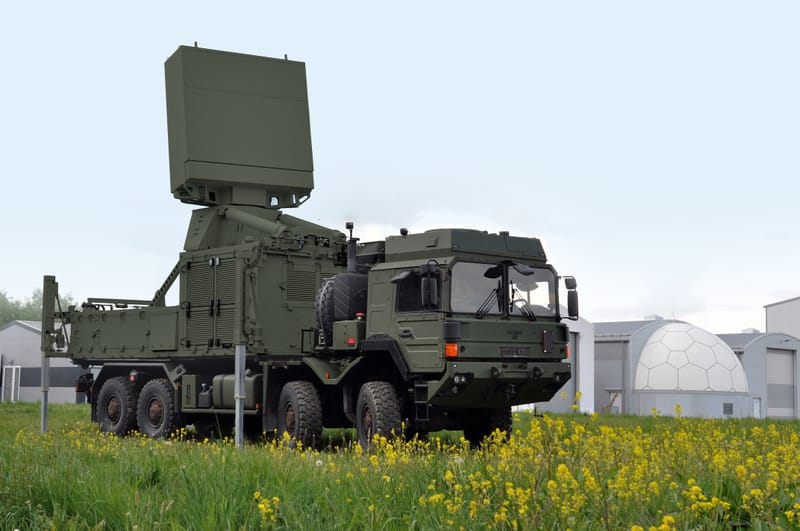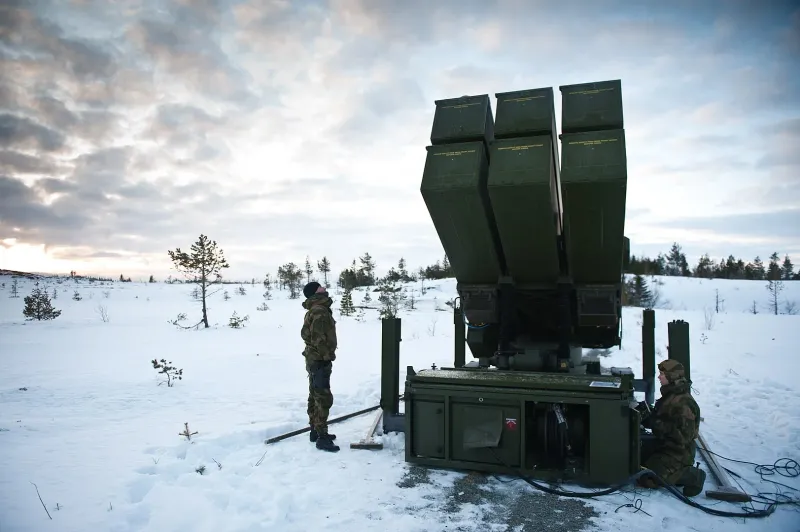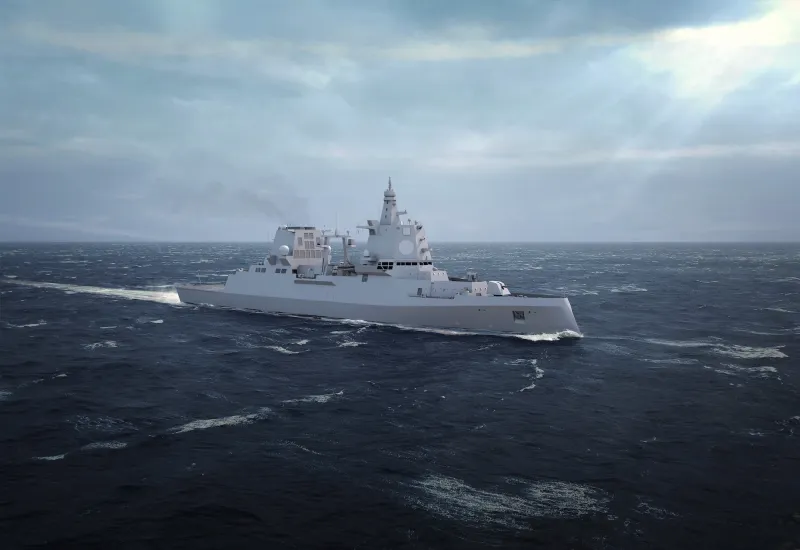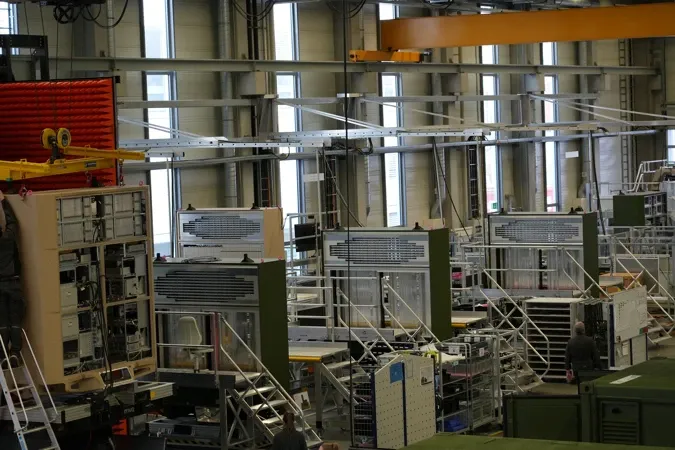Rheinmetall & ICEYE to Build German Defense-Grade SAR Satellites
Rheinmetall (60 %) and ICEYE (40 %) will mass-produce SAR satellites in Neuss from 2026—giving Berlin its first defence-grade builder outside the Airbus/OHB duopoly and bolstering the EU’s IRIS² supply chain as well as NATO’s APSS surveillance effort.
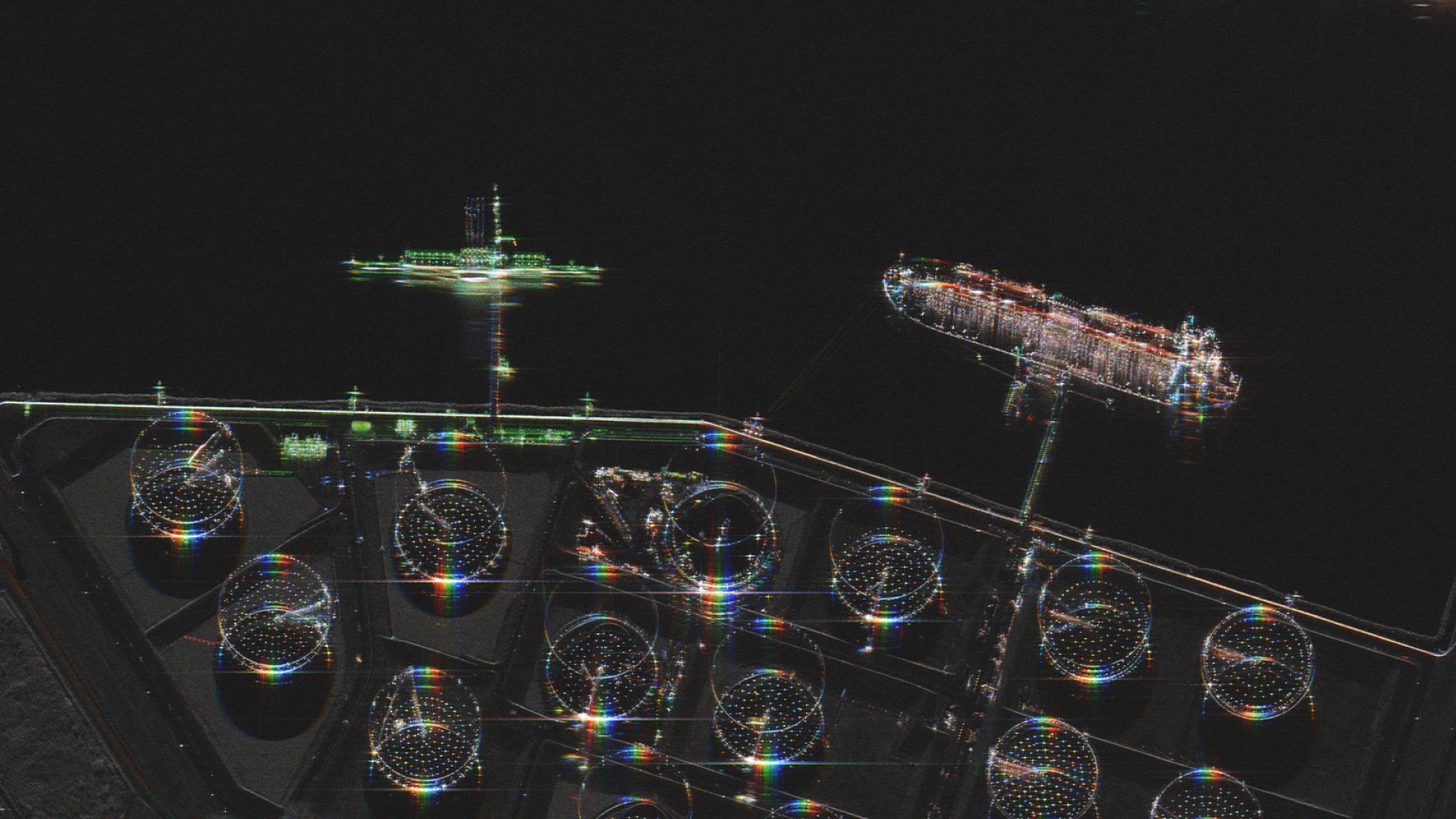

Key Takeaways
- Strategic JV: Rheinmetall (60 %) and Finnish SAR pioneer ICEYE (40 %) signed an MoU on 8 May 2025 to form Rheinmetall ICEYE Space Solutions (RISS), targeting first serial production in Q2 2026 at Neuss. Reuters Rheinmetall
- Made-in-Germany SAR Constellations: The JV anchors Rheinmetall’s new Space Cluster in Neuss, repurposing surplus automotive halls into a line for batch-building SAR satellites—then other “space solutions.” Reuters ICEYE Rheinmetall
- Defence Demand Pull: War-time imagery contracts for Ukraine (Nov 2024) and exclusive German/Hungarian marketing rights (Sep 2024) validated the business case; Saab’s March 2025 MoU to stream ICEYE data into C2 systems showed downstream appetite. The new JV now tackles upstream hardware. Rheinmetall
- Sovereignty Play: Berlin gains an indigenous, defence-grade satellite builder outside the Airbus/OHB duopoly, bolstering Europe’s IRIS² (Infrastructure for Resilience, Interconnectivity and Security by Satellite) secure-connect supply chain and NATO’s APSS (Alliance Persistent Surveillance from Space) surveillance initiative. Reuters
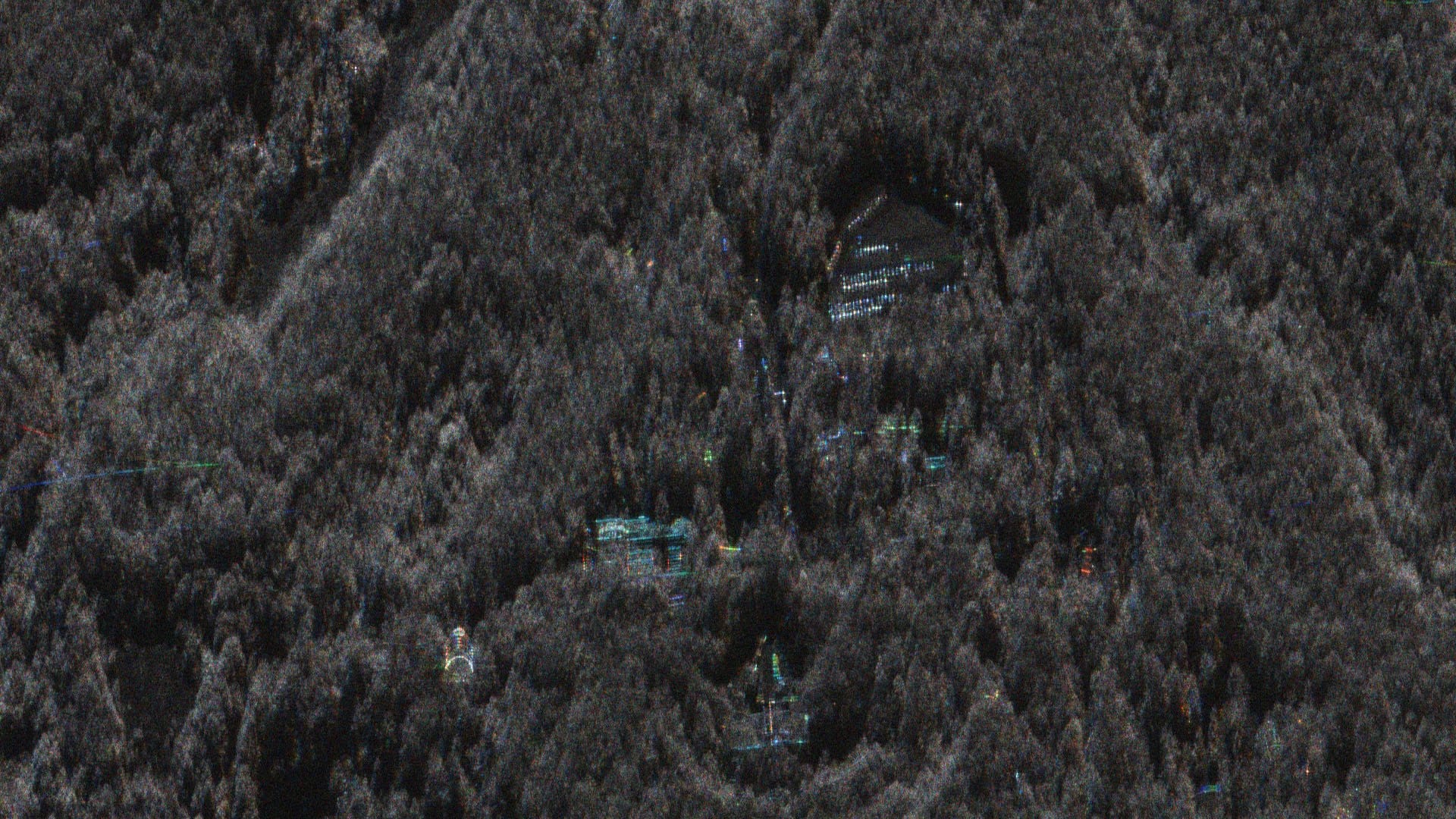
From Steel & Ammunition to Space Hardware
Rheinmetall’s CEO Armin Papperger frames the move as “pushing deeper into the space domain” to meet surging military ISR demand while “preserving Germany’s technological edge” and safeguarding skilled jobs at Neuss. Rheinmetall
For ICEYE, the JV extends its “critical infrastructure” vision: CEO Rafal Modrzewski says the partnership “focuses on sovereign European defence requirements,” positioning ICEYE as a turnkey provider of space-based intelligence. Rheinmetall
The JV is grounded in tangible assets and strategic intent. Rheinmetall’s under-utilised automotive halls—originally geared for diesel engine parts—offer cranes, clean-room potential, and a supply-chain already certified for defence. Retooling begins this year, with qualification models expected in early 2026 and the first flight units by mid-year. Reuters
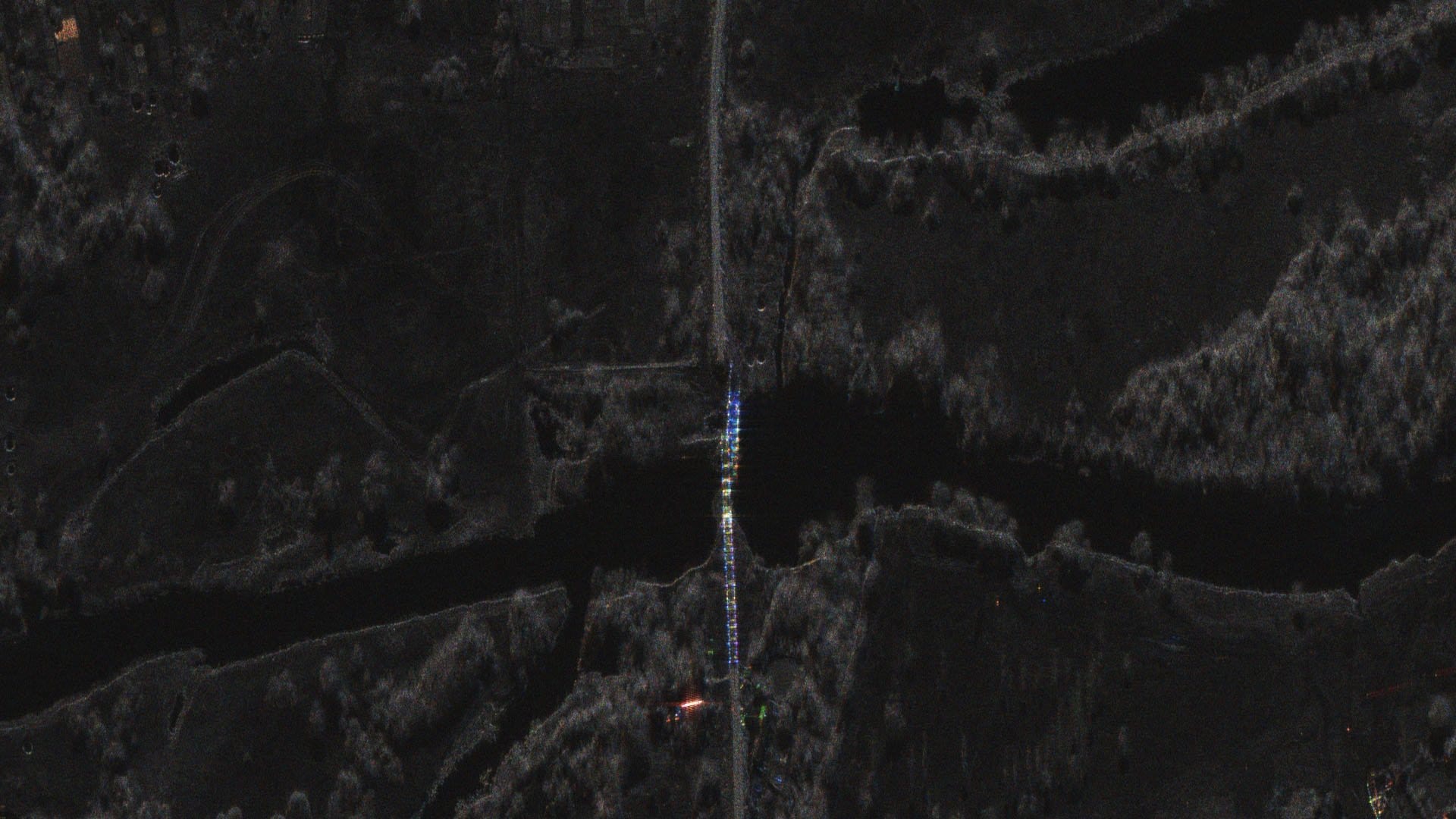
Why SAR Still Matters
- 24/7/365 Coverage: Radar penetrates cloud, smoke, and night, delivering sub-metre imagery independent of weather.
- Change Detection at Scale: Rapid revisits plus AI analytics expose troop movements, maritime “dark” shipping, and infrastructure shifts.
- Precision Targeting: SAR spot modes cue strike assets even inside GPS-degraded environments.
These attributes drove Kyiv to contract ICEYE/Rheinmetall capacity in 2024, giving Ukrainian artillery near-real-time tasking data. Rheinmetall
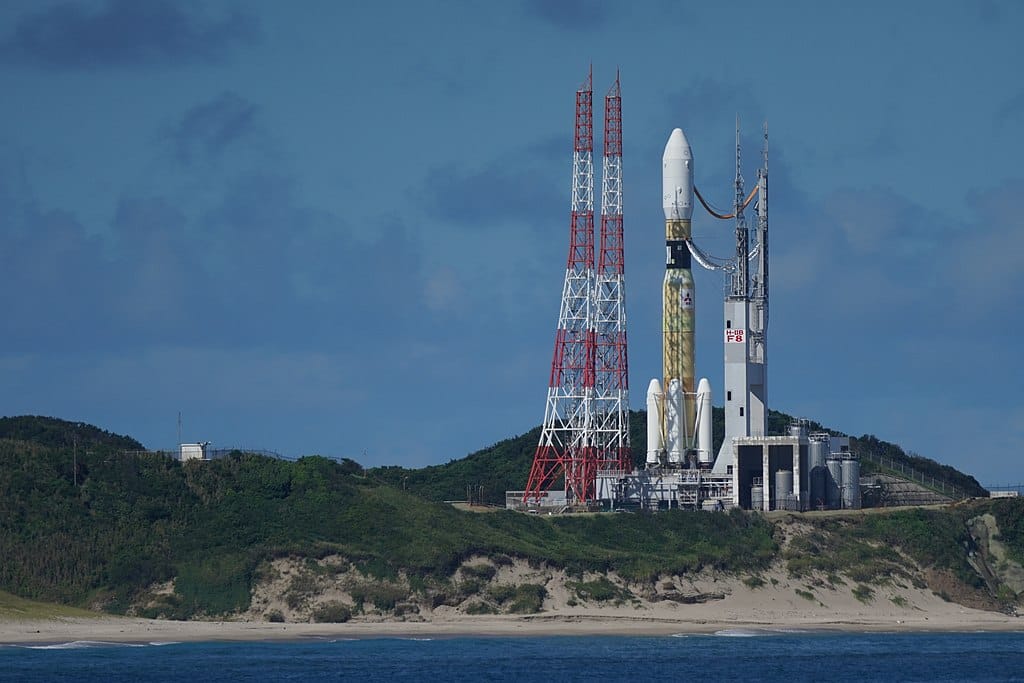
Milestones in the Rheinmetall–ICEYE Trajectory
| Date | Milestone | Significance |
|---|---|---|
| Jun 2024 | Rheinmetall acquires stake in ICEYE | Entry ticket to commercial SAR ecosystem |
| Sep 2024 | Exclusive marketing rights in DE/HU | Bundles SAR into Rheinmetall C4ISR sales |
| Nov 2024 | Ukraine SAR support deal | First operational combat customer |
| Mar 2025 | Saab – ICEYE C2 integration MoU | Opens Nordic & export C2 channel |
| May 8 2025 | RISS MoU signed | Vertical integration into satellite build |
Industrial & Policy Implications
- German Space Cluster Take-off – RISS adds a serial production pillar to Germany’s fragmented small-satellite scene, complementing OHB’s bespoke builds and the Bavarian launch start-ups.
- Automotive Conversion Blueprint – Rheinmetall demonstrates how legacy auto capacity can be redeployed for defence-space, a template for wider German industry facing EV disruptions.
- EU & NATO resilience – A sovereign SAR production line strengthens Europe’s wider space-industrial base, complementing the EU’s IRIS² secure-connect programme and NATO’s APSS virtual-constellation effort, reducing reliance on non-European imagery and satcom vendors.
- Competitive pressure – Established primes (Airbus, OHB) and “New Space” outfits such as Exotrail (SpaceVan™) now face a deep-pocketed, combat-proven entrant backed by Europe’s largest ammunition supplier.

What to Watch Next
- Regulatory Clearance: JV still needs competition- and telecom-authority sign-off; timetable remains speculative until filings appear.
- CapEx pathway (analyst view): Rheinmetall has not said how it will fund the Neuss build-out. Berlin’s €100 bn Sondervermögen does contain a €20.7 bn digitalisation package that includes space-communications items, but whether public money will support the JV remains unclear.
- Tier-1 suppliers (analyst view): Rheinmetall’s electronics plant in Ismaning (Munich area) and ICEYE’s in-house satellite line in Espoo—which also integrates the radar antennas—are the most plausible sources, but the JV has not confirmed supplier selections for Neuss.
- First customers (analyst view): The Bundeswehr’s SARah follow-on and Hungary’s new HUSAT constellation look like the most natural early orders, but neither programme has issued a formal RFP to Rheinmetall ICEYE Space Solutions.
- Post-SAR roadmap (speculative): Market chatter points to RF-sensing and PNT augmentation after 2027, though RISS has published no formal payload plan.
Further Reporting & Materials
- Ukraine Gets SAR Recon from Rheinmetall & ICEYE
- ICEYE offers free, downloadable sample SAR datasets that let users assess the imagery quality:
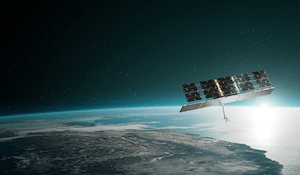

Technical Appendix: Key Programs & Concepts
- APSS (Alliance Persistent Surveillance from Space): A NATO framework designed to enhance the Alliance's collective Intelligence, Surveillance, and Reconnaissance (ISR) capabilities. It aims to achieve this by federating access to and sharing data from national and commercial space-based assets, creating a virtual constellation for persistent monitoring.
- Defence-Grade: Refers to systems, components, or data meeting stringent military specifications for reliability, resilience, security (including data protection and anti-jamming features), and performance under demanding operational conditions. For satellites, this often implies specific hardening, encryption, and trusted manufacturing processes.
- IRIS² (Infrastructure for Resilience, Interconnectivity and Security by Satellite): The European Union's ambitious initiative to develop and deploy a multi-orbital, sovereign, secure satellite communication system. It aims to provide resilient connectivity for governmental users, critical infrastructure, and potentially commercial services, enhancing EU strategic autonomy.
- SAR (Synthetic Aperture Radar): An advanced radar imaging technology capable of producing high-resolution (often sub-metre) imagery of the Earth's surface, regardless of weather conditions (e.g., cloud cover, smoke) or time of day. It functions by emitting microwave pulses and analyzing the backscatter. (The strategic importance and capabilities of SAR are further detailed in the "Why SAR Still Matters" section of this article).
- Sovereignty (Technological/Industrial in Defence & Space): A nation's or bloc's capacity to independently develop, produce, operate, and maintain critical technologies and industrial capabilities within its own jurisdiction, free from undue foreign dependence or control. In this context, it relates to Germany's ability to build and control its own defence-grade satellite assets.
Analysis by Großwald Structured Intelligence. We encourage proper citation (grosswald.org) when this material is referenced or reproduced. Wider dissemination is welcome.




